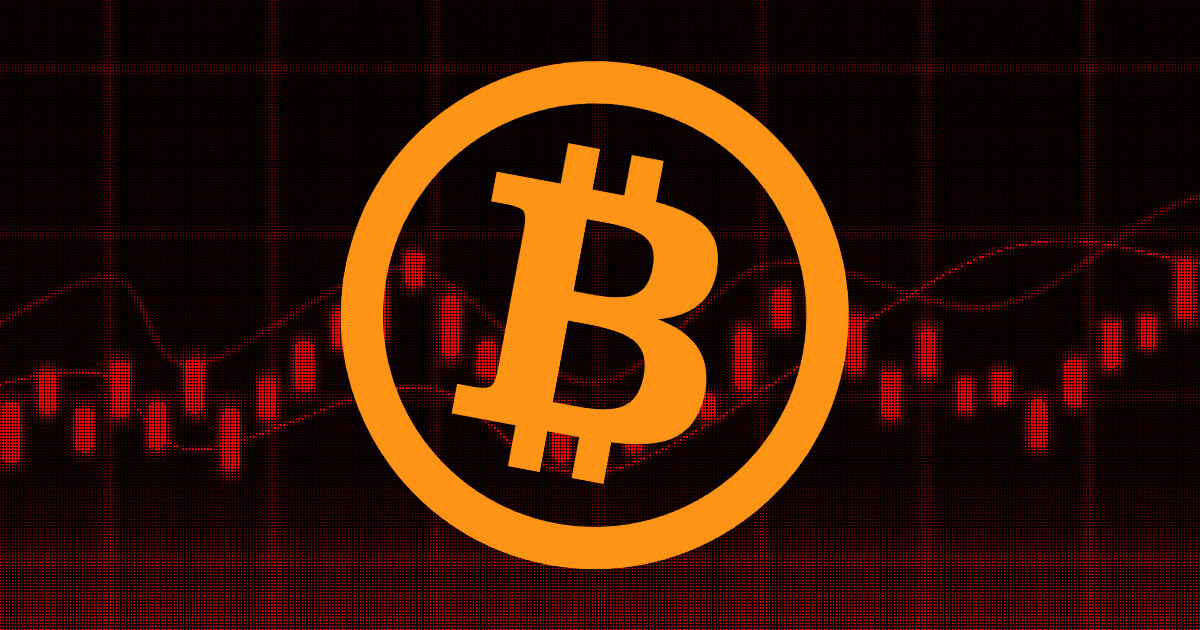The U.S. Securities and Exchange Commission (SEC) has rejected the Wisdom Tree Bitcoin Trust ETF, as it has no valid measure to protect investors against market manipulation.
The SEC in an Oct. 11 release noted that it had to reject the filing by BZX Exchange, as the bitcoin-ETF issuer does not have a significant surveillance sharing agreement with a regulated market for bitcoin.
A surveillance-sharing agreement allows market participants to easily share market trading and clearing activist and customer identity in the event of any price manipulation of BTC.
According to the SEC, the surveillance agreement is crucial before it can approve any spot bitcoin-ETF, given that the market for bitcoin is highly unregulated.
The first Wisdom Tree spot bitcoin ETF was also rejected in December 2021 on grounds of investor protection.
SEC and spot bitcoin ETF rejections
The SEC’s decision to reject the Wisdom Tree ETF application is no surprise to many, as the US regulator has a long-standing history against bitcoin spot ETFs.
The Winklevoss twins were the first to ever attempt to file a Bitcoin ETF in July 2013. However, the SEC rejected their application in March 2017.
The VanEck Solidx ETF followed suit in July 2013, but it faced rejection in January 2019.
In 2017, ProShares, Direxion, and GraniteShares attempted to have their respective applications approved, but the SEC hit the rejection dial.
Bitwise, Wilshire, and Reality Shares ETF all had a rejection of applications they made in 2019.
By mid-2020, Wisdom Tree submitted its first application, which the SEC rejected about a year later.
VanEck refiled its application in January 2021, while Fidelity, NYDIG, and GrayScale all filed for bitcoin ETFs in the same period. VanEck’s application was rejected again in Nov. 2021.
So far in 2022, the SEC has rejected applications by GrayScale, BitWise, and the latest Wisdom Tree.
The growing list of rejected spot bitcoin ETF applications has been influenced by SEC Chair Gary Gensler. Gensler has expressed his preference for futures ETFs stating that spot ETFs are more prone to fraud and manipulation.
Credit: Source link
































